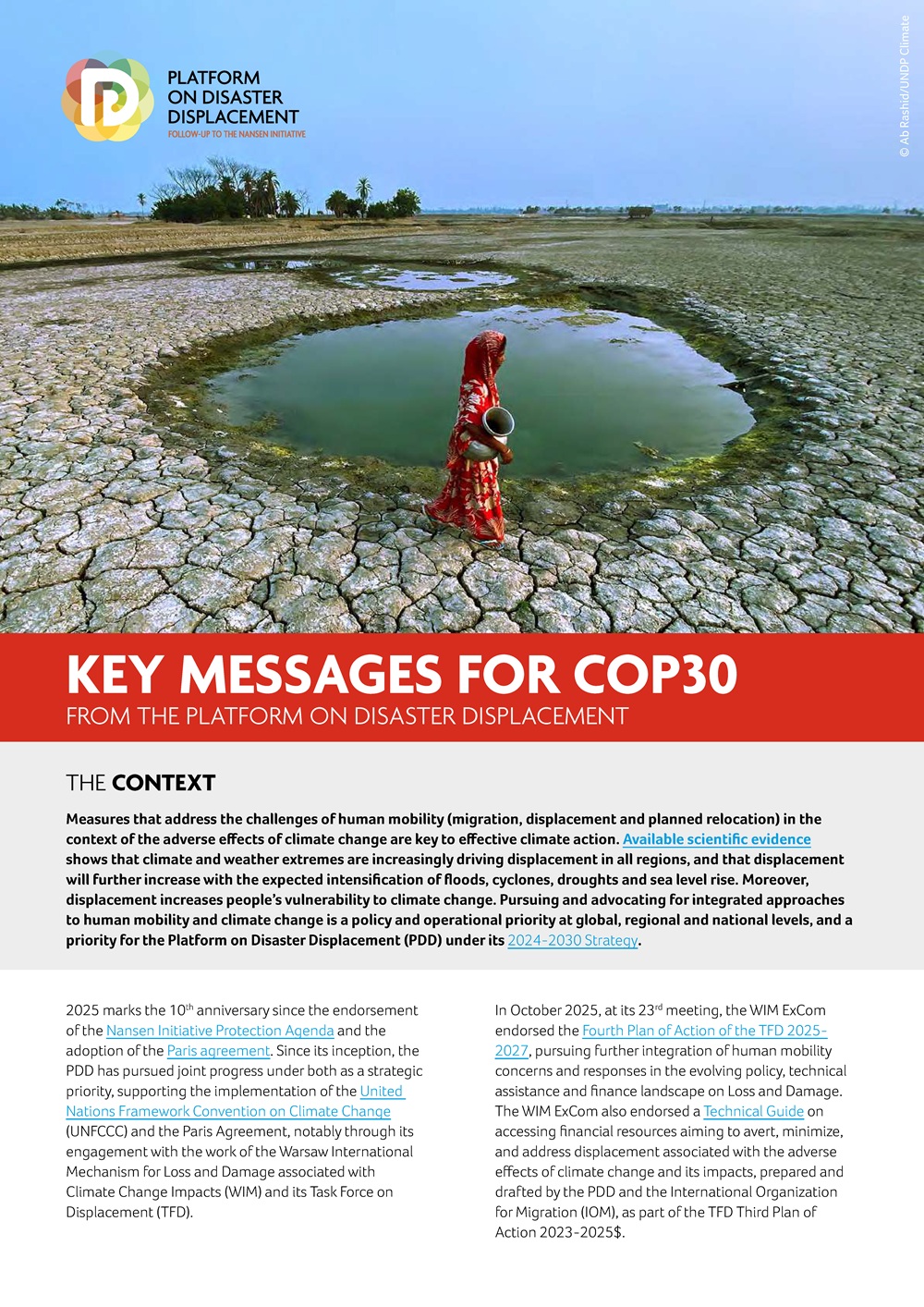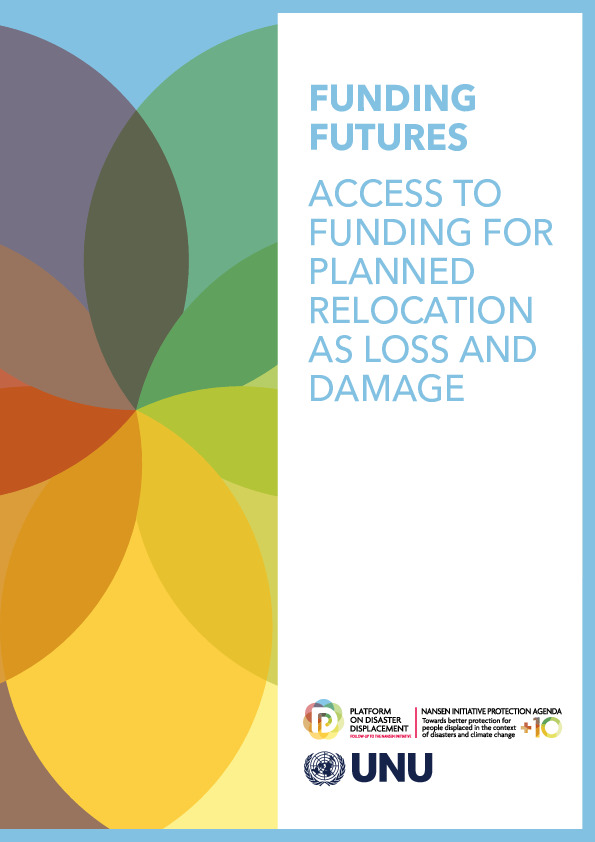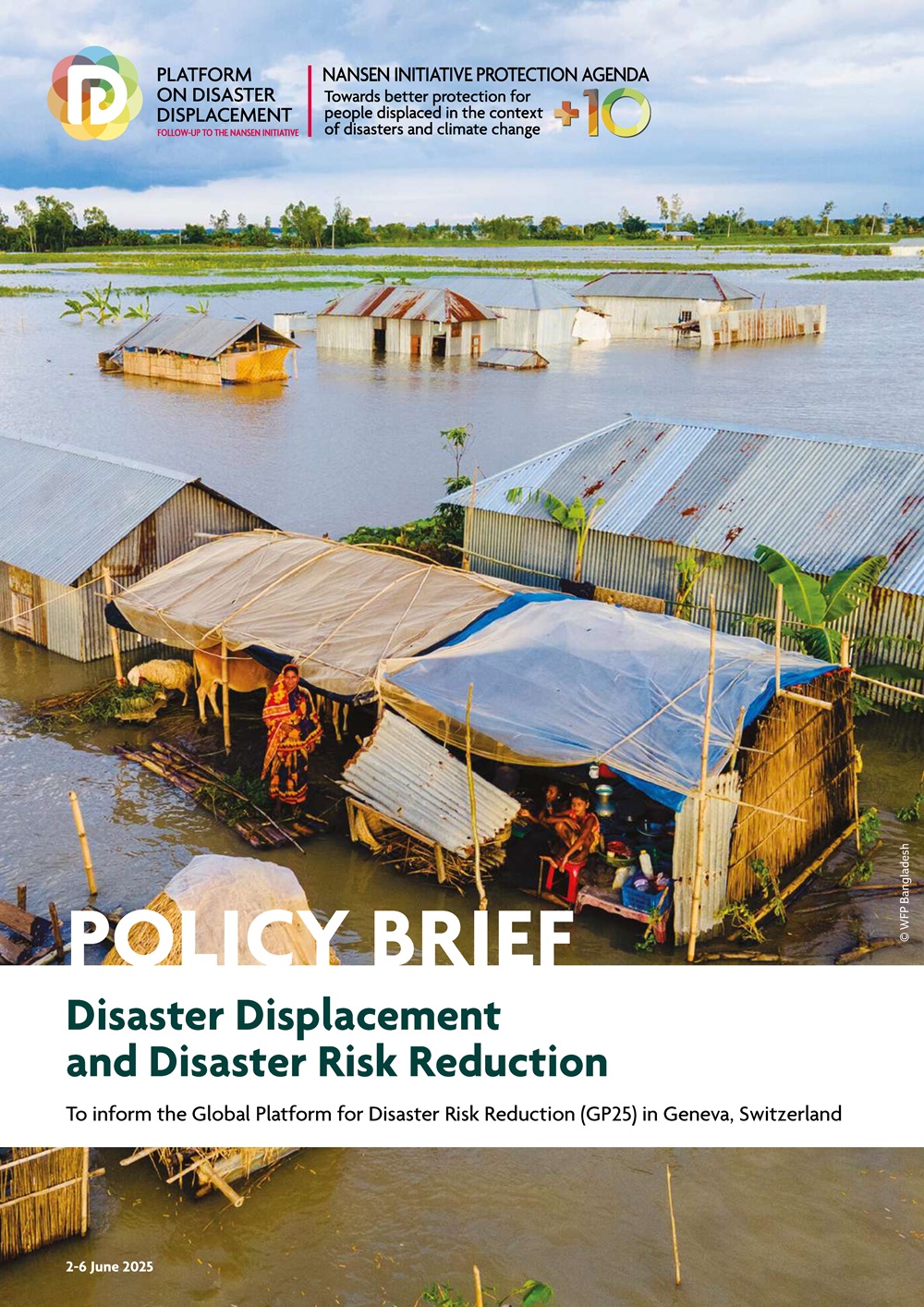Home Lands: Island and Archipelagic States’ Policymaking for Human Mobility in the Context of Climate Change
GIZ, PIK
Island and coastal regions belong to the most climate change-exposed habitats. Today, people living in island states experience the devastating effects of extreme tropical cyclones, rising sea levels, droughts and ocean acidification. In some cases, entire cultures are at risk of extinction because traditional livelihoods can no longer provide sufficient resources for survival while landmasses are submerged and salinised by high tides. Although there have been notable advances over the last decades, many island countries still struggle with issues like poverty, universal access to basic education, and healthcare. Recent development gains are at risk of reversal by the economic and human costs of climate change, which increases dependencies on external actors.
This report provides an overview of where human mobility in the context of climate change fits in the policy landscape of nine island and archipelagic countries: Anguilla, Antigua & Barbuda, Dominica, and Saint Lucia in the Eastern Caribbean; Fiji, Kiribati, Tuvalu, and Vanuatu in the Pacific; and the Philippines in the Western Pacific. All of these nations are heavily affected by climate impacts like sea level rise, ocean acidification, tropical cyclones and hydrological extremes. Different forms of human mobility are among the ways people adapt or respond to these changes, in complex ways. Moreover, the policy landscape is heterogeneous. Some of the countries have specifically addressed human mobility in the context of climate change (HMCCC) in guidelines, adaptation plans or policies, like Dominica, Fiji, and, Vanuatu. Others have just recently recognised the topic as an emerging policy action field. This report demonstrates that HMCCC is a cross-cutting issue that can potentially be addressed by several ministries and governmental agencies, for example internal affairs, development, immigration, disaster relief, labour, social protection or health. However, without clear responsibilities for addressing the topic together with a strong coordination between different departments, it may not be adequately considered in planning processes. Moreover, the inclusion of civil society actors and non-governmental organisations in consultations is crucial for ensuring people-centred and rights-based policy development.




